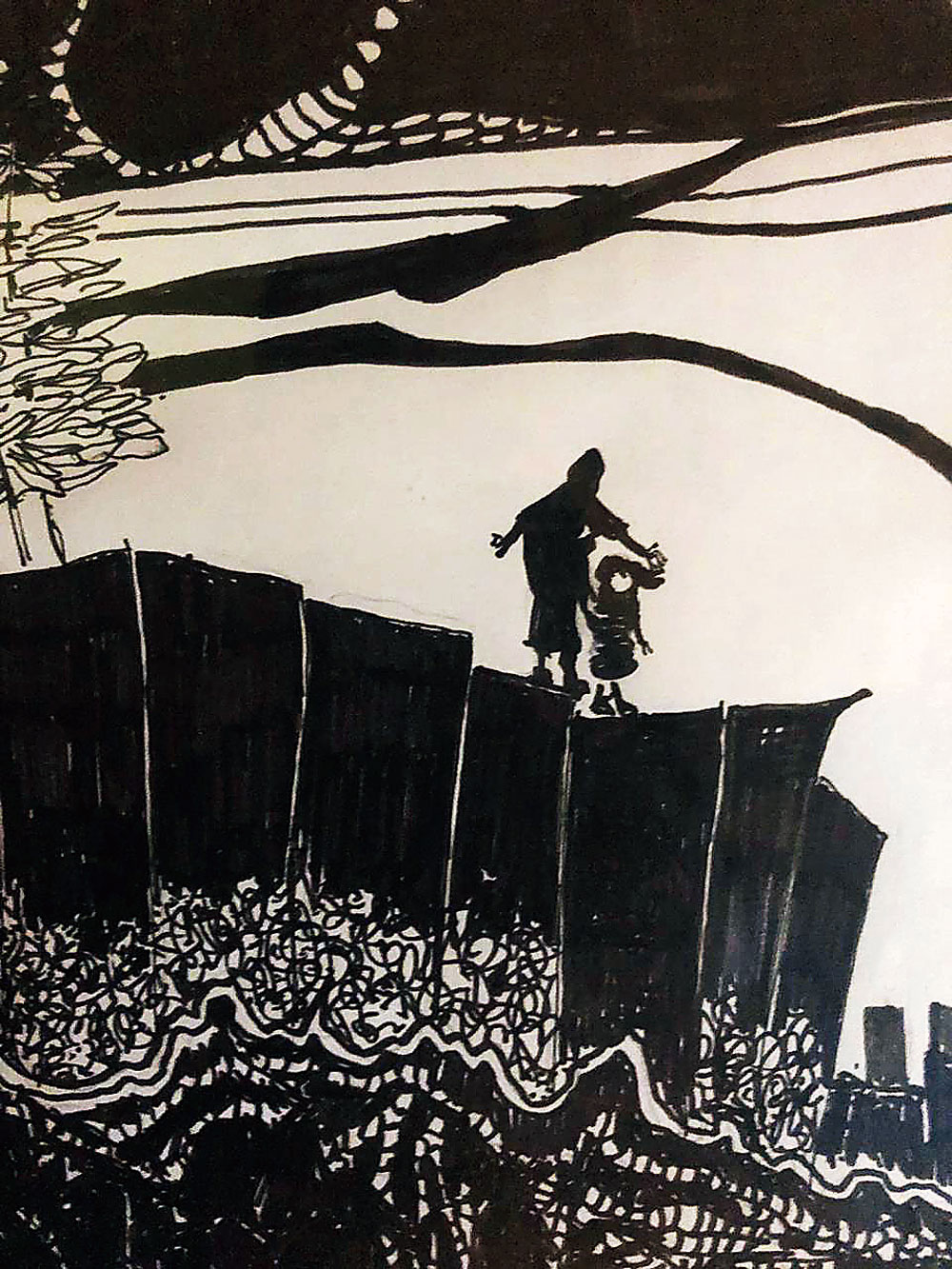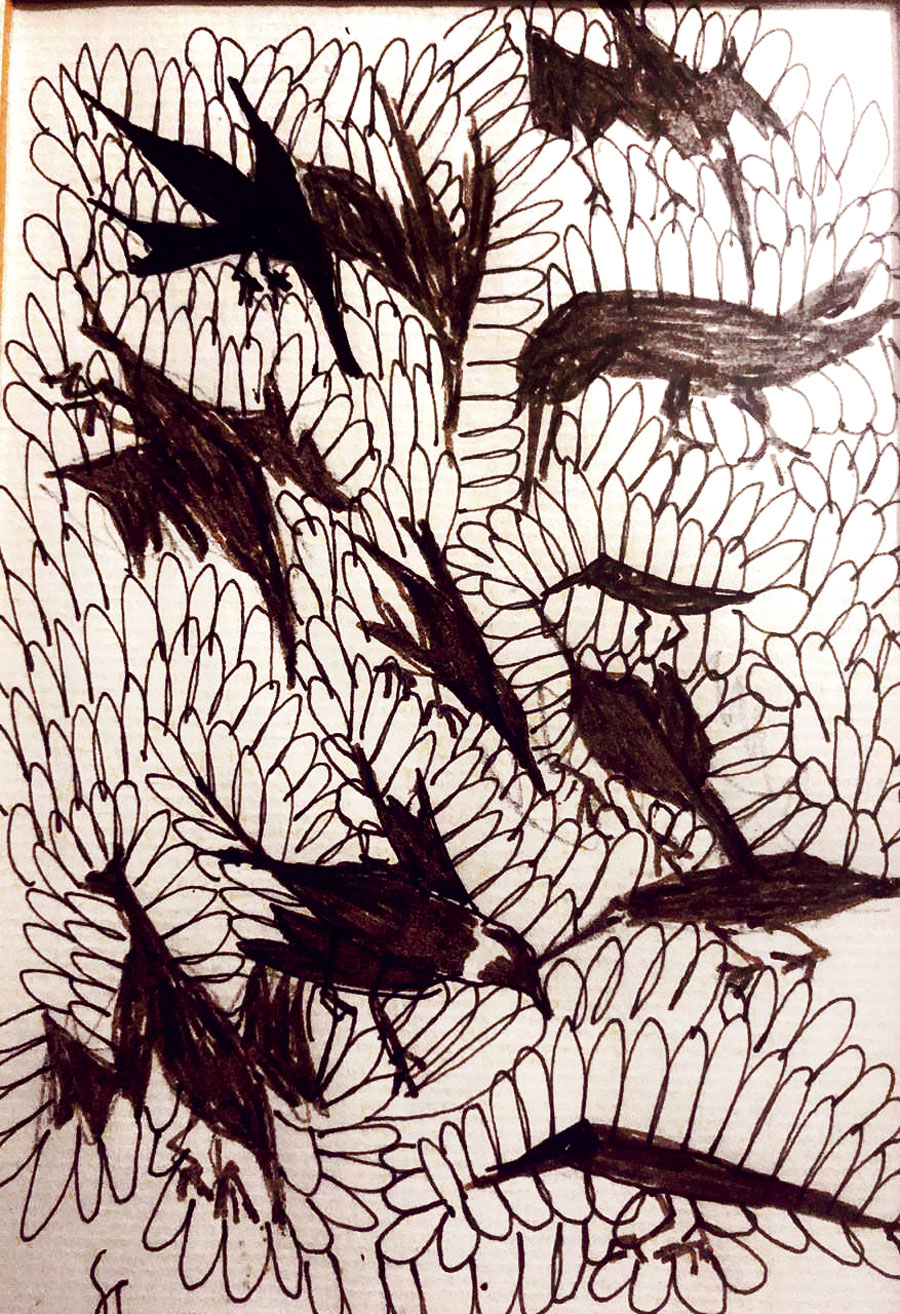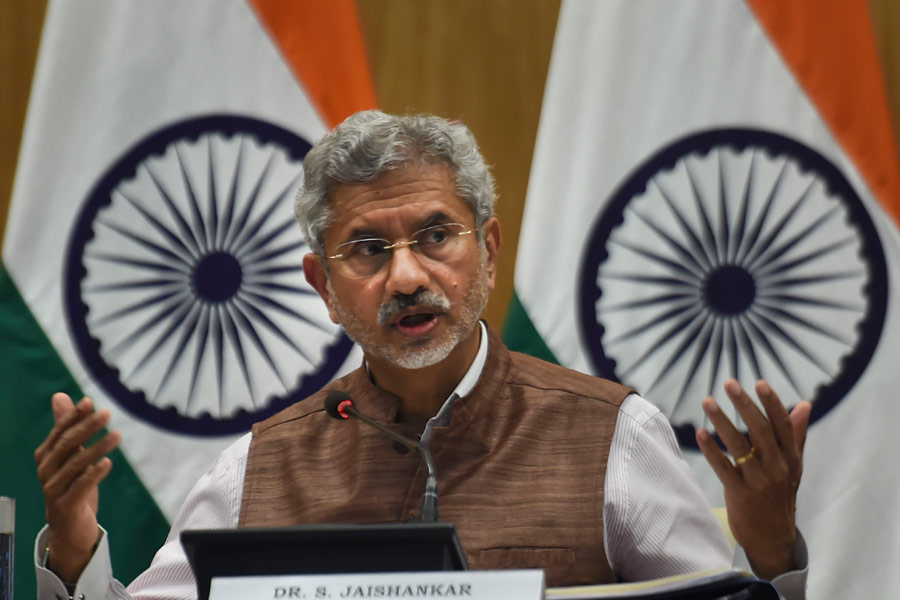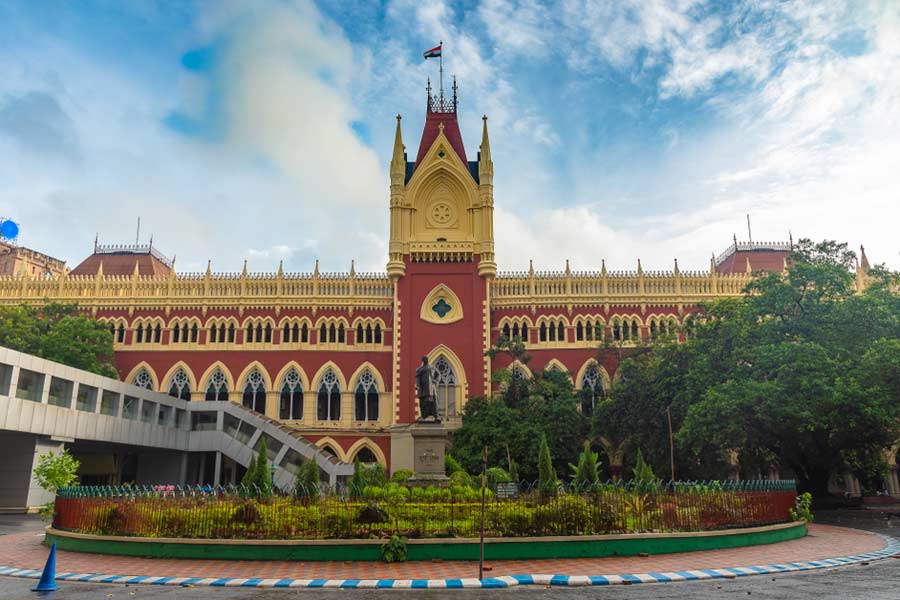In the end, it ceased to quite matter which side lost and which won the evening. Resonating insistently above the feisty jousting between combatants was the suzerainty of the Idea of India as a pluralist, inclusive, secular democracy. But alongside prevailed a rider to it too — the sense that the Idea had been bullied and bludgeoned during the Narendra Modi years and needed urgent rescuing.
Even the one speaker of the evening who frontally attacked that Idea as a “western import” from the thought precincts of (James) Mill, (Thomas) Macaulay and (Karl) Marx appeared deeply persuaded, and protective, of India’s diversities of culture, religion, thought and mores.
Prafulla Ketkar, editor of the RSS mouthpiece Organiser, astutely and emphatically flayed what he called the “Nehruvian Idea of India seen through a European prism” but could not get away from wholesomely endorsing the liberal-secular ethos, though his articulation came from a “Bharatiyata” and “Hinduness” narrative.
He labelled the idea of India a “fake narrative” but went on to say: “All religions are equal and true, and they should be equally acceptable, that is Hinduness. I don’t believe in tolerance, why should we tolerate each other? We must respect and accept each other. That is Hinduness and our Bharat rashtra, that is our gift to the world, this spiritual democracy. And that is the idea that needs to be restored, the living idea of Bharat.”
Ketkar was one of six speakers at the Subhas Bose Institute of Hotel Management presents Calcutta Club The Telegraph National Debate 2019, powered by Pan Bahar, whose Motion was “In the opinion of the House, the Idea of India needs to be restored.” It was abundantly carried, the full house on the Calcutta Club lawns affirming the unease and alarm over the sweep of absolutist majoritarianism under Modi.
Abhishek Manu Singhvi, lawyer and Congressman, fired the first salvo, calling the unfolding Modi years the “dictatorship of one and a half persons” which was waging war on the Idea of India and its institutions.
“The threat from within is always greater than the threat from without,” Singhvi warned. “The threat of homogenisation under Modi is the antithesis of our pluralism, the colours of our rainbow cannot be contained in these binaries of with us or against us…. We are being ruled by the tussi great ho (you are great) syndrome. If you don’t say tussi great ho, all the powers will be unleashed against you, never has such politics of vendetta ruled in Delhi.”

We are being ruled by the tussi great ho (you are great) syndrome. If you don’t say tussi great ho, all the powers will be unleashed against you, never has such politics of vendetta ruled in Delhi.
Abhishek Manu Singhvi
Entrepreneur and Modi acolyte Mohandas Pai tried to make light of Singhvi’s alarm, calling it a figment minted in “Lutyens Delhi” and argued superficially against the assault from across the floor.
Having tweeted earlier in the day invoking fear over the presence of Kashmiri merchants in tourist destinations and their possible links to money-laundering, he stood up to wave the Preamble to the Constitution. “We are a strong country, nothing can destroy this Constitution, there has been no mistaking of the media, no attack on institutions, nothing. You restore what is damaged, but nothing has been damaged.”
Much later, Pai would attract barely muffled sighs of disapproval when, on his turn to rebut, he tried convincing the audience that Raghuram Rajan had left the RBI only because he was in a rush to return to Chicago and Urjit Patel followed suit merely for reasons personal.
If the Proposition won the evening, it was also because it was a far more convincing team, aided no end by the relentless shenanigans that have marked these past years under Prime Minister Modi. Shatrughan Sinha, still the BJP representative from Patna Sahib in the Lok Sabha, began with a salutation to Modi but proceeded to tear into him with the ruthlessness of his famed screen villainy.
“We live in a one-man autocracy, under a one-man show and a two-man army. Only one man is right. Is this democracy? He imposed demonetisation and untold difficulties on people single-handed. Who did the Rafale deal? We have questions, but he does not think it fit to answer. Is this democracy? If he gives us an answer his 56-inch chest will not be reduced to 6 inches. But he won’t. They say this chowkidar is a... bas, I will not say any more.” Applause.

We live in a one-man autocracy, under a one-man show and a two-man army. Only one man is right. Is this democracy?
Shatrughan Sinha
Bengal finance minister Amit Mitra came down hard on the thought that governed the Modi dispensation.
“Golwalkar, their Guruji, made common cause with Hitler and Fascism. He quoted Hitler to say assimilation of different cultures is not possible. They are dictators. The entire cabinet is locked up in a room, their cellphones taken away, because the Prime Minister wants to announce demonetisation. I am not sure even his finance minister knew. Everybody is afraid and nervous, everybody has to report to the Prime Minister; cabinet ministers do not know anything. Is this how India will be run?”
But K.C. Tyagi, national general secretary of Nitish Kumar’s JDU, has been patiently waiting in the wings all evening to respond. And respond he did with a quiver-full of arrows dipped in sarcasm.
“Your complaints, yes we heard them,” he told the Proposition. “But these are all the great gifts of the Congress to us. George Fernandes was arrested from a church in this city and we had to alert the BBC and his friends in the German embassy to prevent him from being encountered. That was democracy, the Emergemcy was democracy. The seeds of all the problems in Kashmir today, you sowed. You dismissed state governments 70 times, many times governments with majorities. That was federalism. In 1984 in Delhi, I personally saw thousands being killed on the streets. That was secularism. In Bhagalpur in 1989, more than 2000 were butchered under your government. That too was secularism. You taught us all these things, the Congress.”
Singhvi, closing the quarrel just short of the vote he would win, had one submission to make to Tyagi. “All that you list are laments of the past. I have not been shy of not defending the Emergency for several years now. But what we are talking about is today, this government and the Idea of India as of today. Can two wrongs make a right? You have reissued Golwalkar across India, you are the soch, the thought process, that killed Gandhi, what do you stand there and represent?”
The Calcutta Club vote would suggest it believed they represented a threat to the Idea of India, suzerain though it was this evening.












